Gabbi knew that real estate was the right career from the start. She is now dual licensed in both Kentucky and Ohio. She had her first sale within a month of getting licensed and hit her first million in volume within her first 6 months. She will have her real estate license for the rest of her life. Call her anytime if you have questions about becoming a real estate agent. She loves to share her passion for real estate with others!
What do I need to qualify for a mortgage loan?

Seven steps to take to help you get your application approved:
Thinking about buying a home? Your first question is probably “how am I going to pay for this again?” Whether it’s a shopping mall or a starter home if you don’t have the cash upfront you are going to need a loan. A loan does not have to be scary or unattainable. If you are interested in borrowing money for a personal loan, here are seven steps to take to help you get your application approved.
- Check your credit score. This may seem like a daunting task at first but the more you know about your finances the better.
- Order a copy of your credit report from an accredited website. There are many online places that you can go to get your credit report. Experian is a great place to start. You should know that pulling this report is going to ding your credit score so you do not want to do this too many times before you apply for your loan.
- Pay all your current bills on time. This is important because it’s a great habit because it prepares you to take on the additional bill -your mortgage payment. It’s also a great way to begin to track your spending. You should know where your money is going and how much your need to save for all your bills and expenses.
- Pay down your debt each month. Make your debt a priority. This is going to save you money in the long run by decreasing the amount you’re paying in interest. Cutting your interest payment is a guaranteed return is typically more than what you would earn in the stock market.
- Show that you have a stable income. Collect a file with all of your paystubs or simply email HR and ask them for a copy of your total paystubs for the year.
- Submit a joint application with a creditworthy cosigner (optional). You would want a co-signer if you can’t qualify on your own. You would ask a parent or guardian to co-sign the loan for you. There is no real benefit for the person who is the co-signer but it will allow you to apply for the loan with better chances of getting it. Failure to make timely payments will adversely impact the co-signer.
- Find the right lender. Before you choose your loan officer make sure you shop around for the best one for you, please keep that in mind if you are going in this direction.
How to find a compatible mortgage loan officer:
- A good place to start is to search for the best mortgage rates online and compare. Keep in mind that the interest rates you are seeing online are estimates and they are subject to change.
- Next, collect quotes from local agents you are considering for the job. Once these quotes are in hand, compare costs and decide which one makes the most financial sense for you. Use your research as leverage so you can negotiate the best deal.
- Make sure you ask the right questions try:
- How do you prefer to communicate?
- How long are your typical response rates for things like preapproval letters, appraisals, and closings?
- What lender fees do you currently have and am I responsible for them?
- Are there any options for waiving fees?
- What are your down payment requirements?
- You’ll also want to know if your lender is going to sell your loan to someone else. Some people prefer their loan in-house; however, the one that sells it off can offer you better terms.
- Ask your loan officer if there are FHA grants or money that can go toward your down payment that you don’t have to pay back.
Financial information you’ll need to provide to your loan officer when applying for a mortgage loan:
- Social security numbers for yourself and any co-borrowers
- Bank, savings, checking, investment accounts
- Outstanding debts (which includes credit card debt, car loans, student loans, medical bills, and other balances)
- Two years of tax returns, W-2s, and 1099s
- Salary, pay stubs, employer information
- Any information you can provide about how much of the down payment you can afford and then you’ll need a paper trail of where the money came from
- This could mean any bank statements that you transferred the money from
- Gift letters could be needed if you have received any cash or borrowed any money from friends or family as well
About the Author
Recent Posts
Let's Stay Connected
Follow us on and become part of the PREC community
Never miss a tweet by connecting with us on Twitter
Check our our posts about trends in real estate industry and market
Have Questions?
Leave Us Your Info & We Will Reach Out









